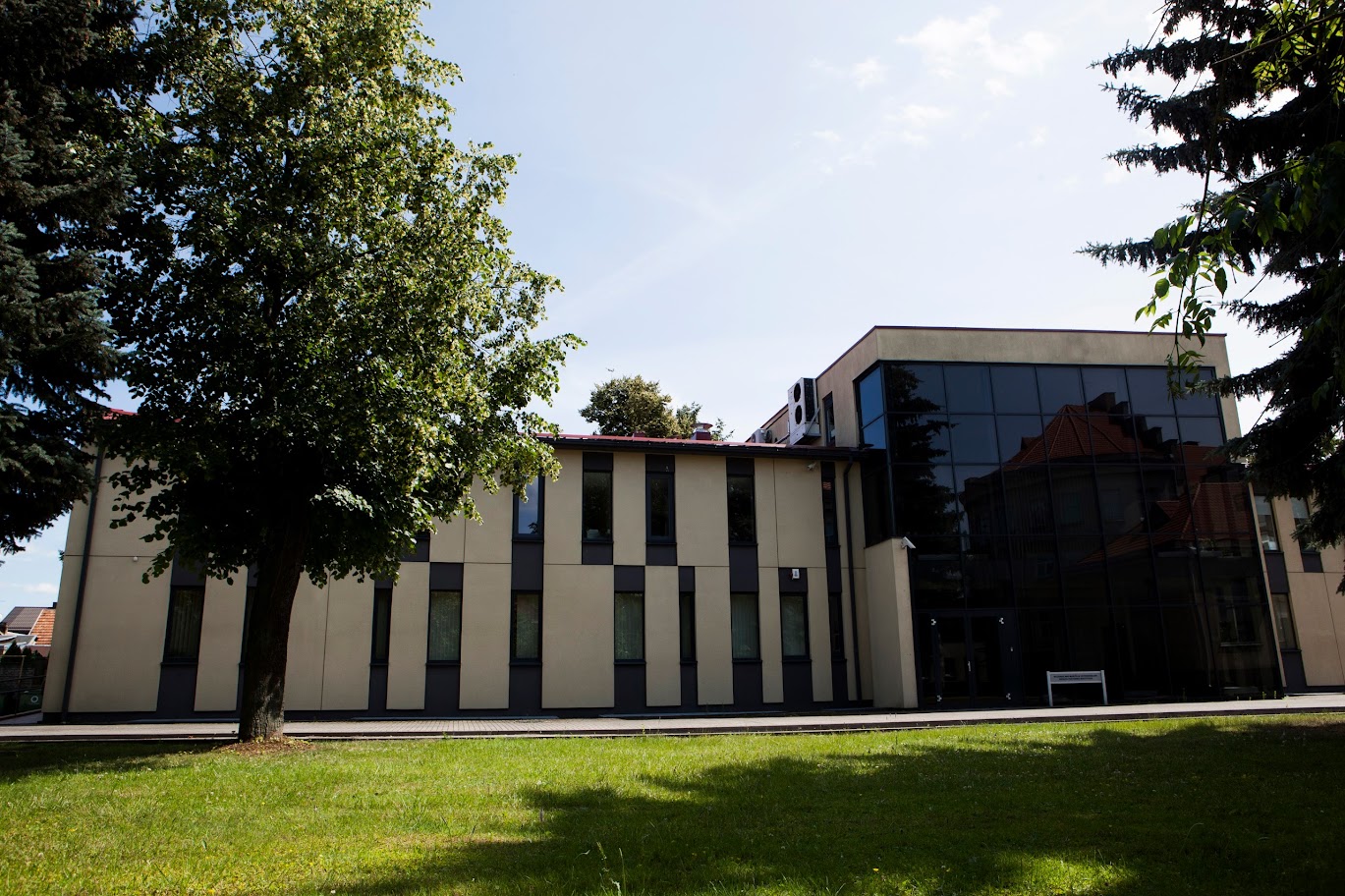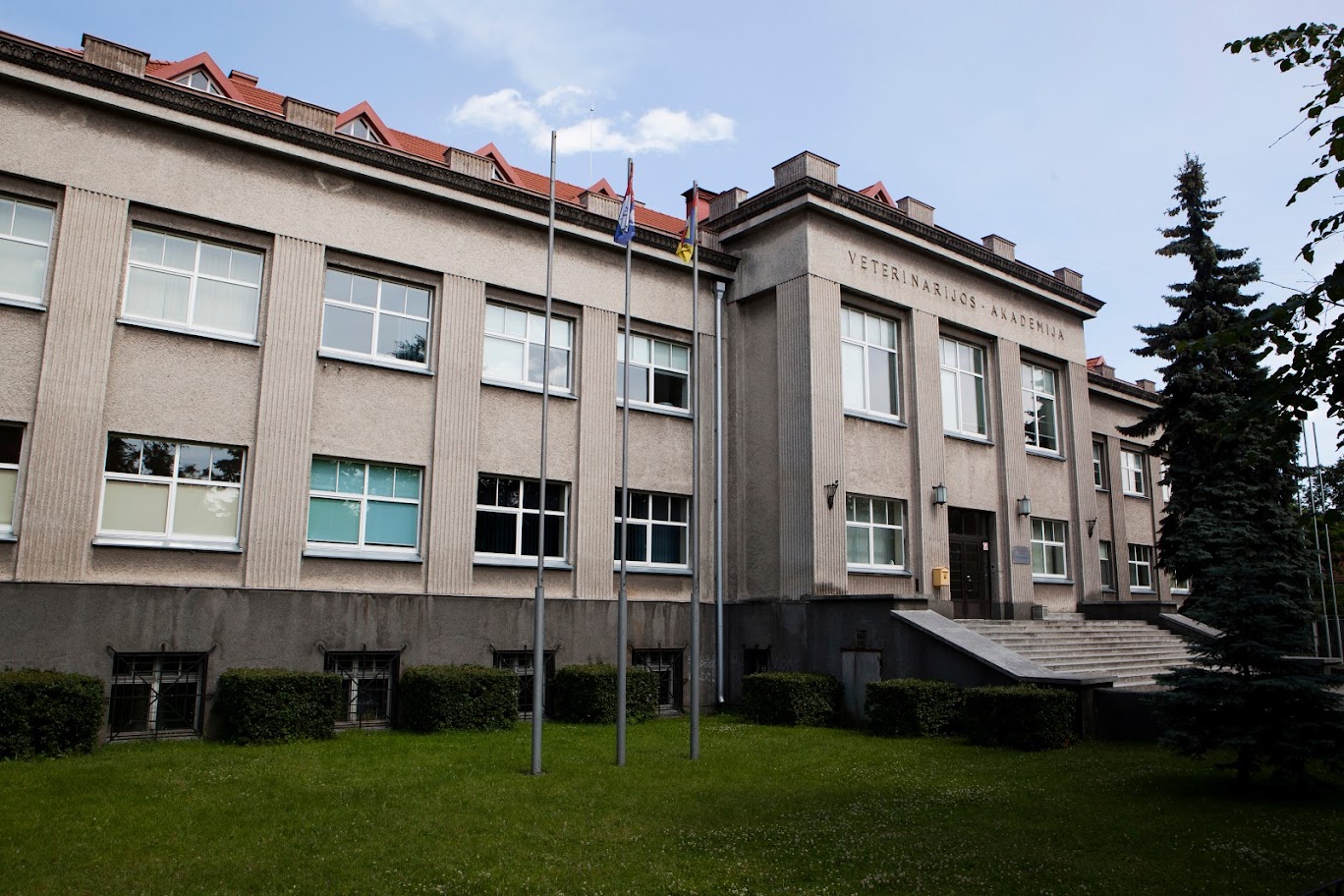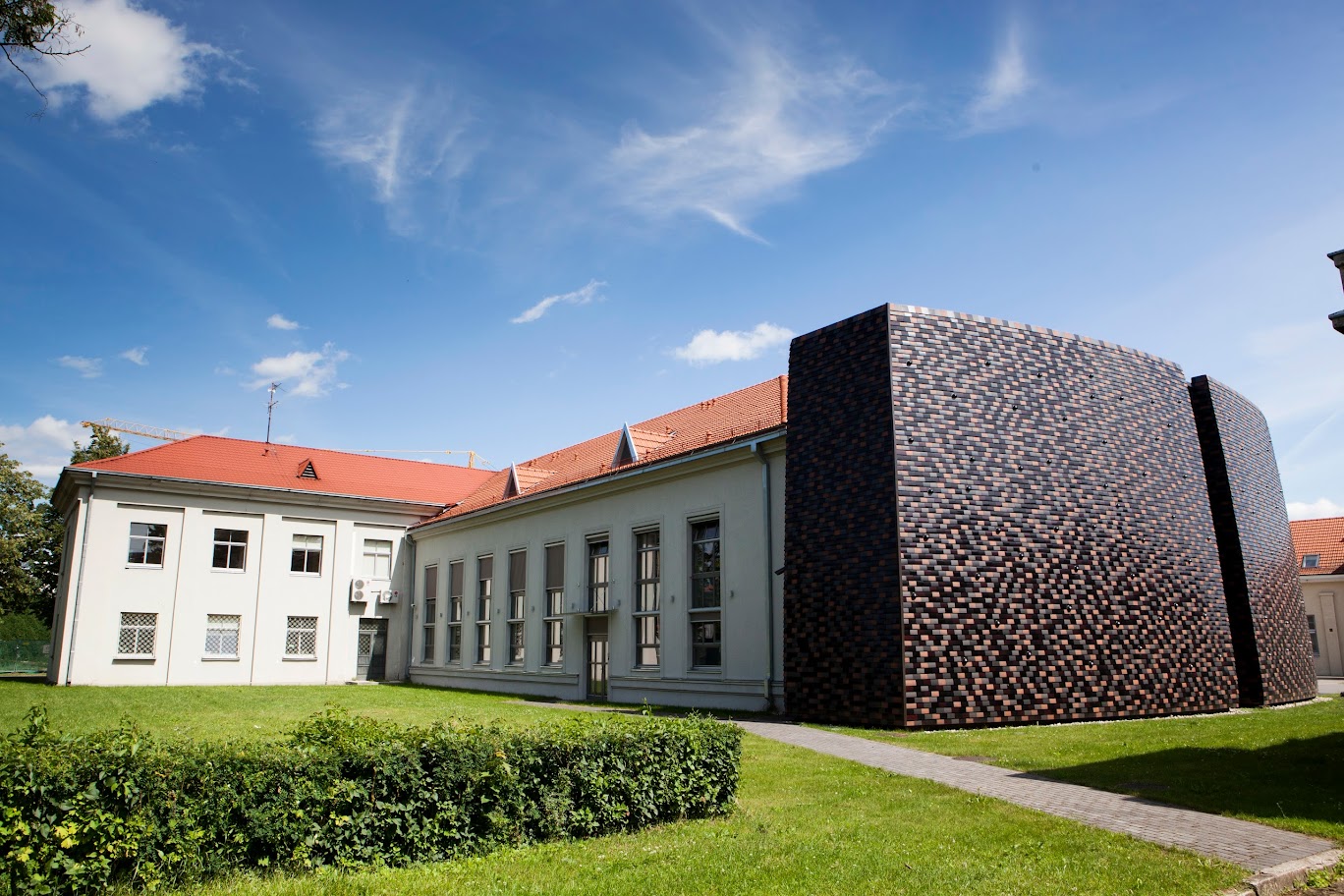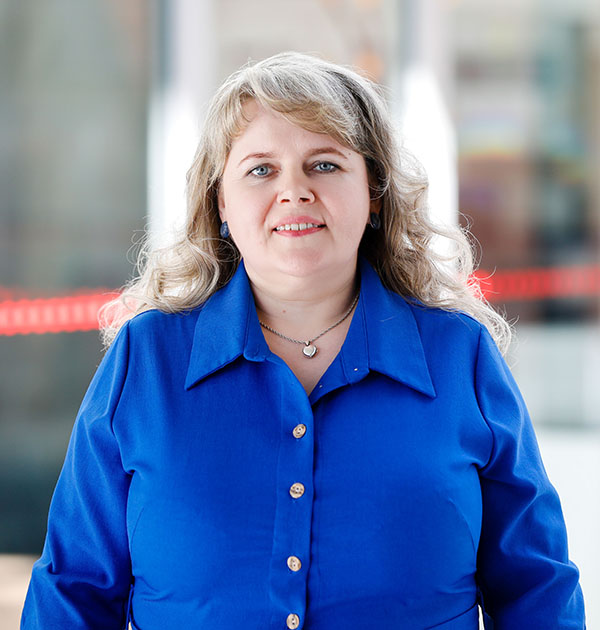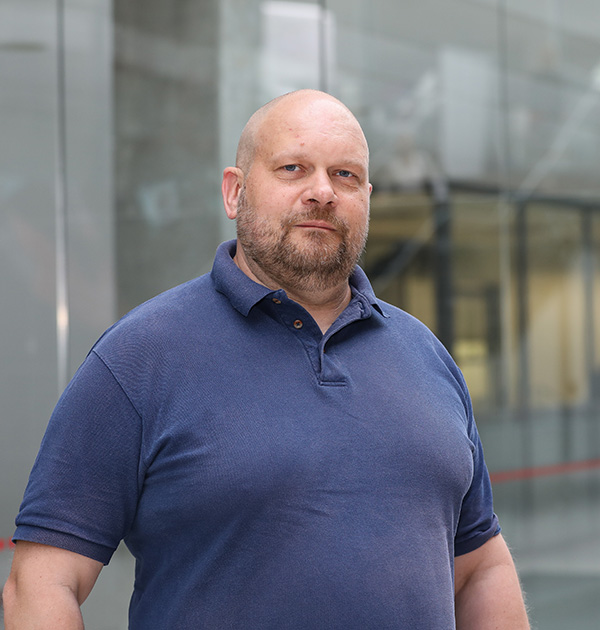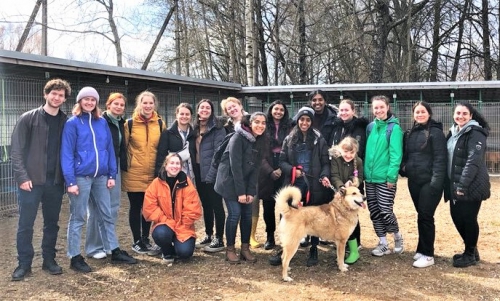Studies
The Faculty of Animal Sciences offers 2 study programmes:
- Animal science
- Animal – human interaction
The study programme of Animal Science is designed to train Bachelors of the highest qualification in agriculture, using the pedagogical-scientific potential, experimental base, laboratories to study the breeding value, reproduction and quality of animal products.
Bachelor’s studies in Animal Husbandry Technology provide the latest knowledge about animal production technologies and their management, information technologies, animal genetics and breeding, traditional and organic animal husbandry, animal breeding and husbandry technologies and skills in their application in various fields.
The trained specialists can realise their acquired knowledge and professional skills in various fields of animal husbandry: animal breeding, keeping, care, breeding companies and farms, feed production industry, feed assessment and control companies, production quality assessment companies in both public and private sectors. Graduates of these studies are awarded a Bachelor’s degree in agricultural sciences.
The Master’s study programme in Animal Science focuses on the development of animal husbandry technology competencies required for the organisation of livestock production, applying the most advanced technologies for the production and preservation of animal products and biotechnology, assessing priorities in the EU Common Agricultural Policy, environmental and food safety and animal welfare requirements.
The Lithuanian University of Health Sciences is the only university in Lithuania conducting postgraduate studies in the field of agricultural sciences, and the Master’s degree programme in Animal Husbandry Technology is the only specialised second cycle programme in agriculture. The programme was launched in response to the needs of the livestock farms – to train livestock specialists prepared for independent production and research in the livestock sector, solving agricultural and livestock institutions and national, regional, local problems, factors of integration and globalisation. The main goal of the programme is to prepare highly professional and scientifically qualified masters of zootechnics in agricultural sciences, able to creatively apply the latest knowledge, methods and technologies in animal husbandry practice, able to independently conduct research, evaluate research results, work in highly qualified work in the public and private sector. Graduates are awarded a Master’s degree in agricultural sciences.
Animal-Human Interaction undergraduate programme includes human-animal interaction and animal welfare management. The study programme is focused ensuring targeted, planned and non-accidental breeding, nutrition, housing, care, welfare processes for animals used for the aesthetic and communicative needs, in recreational activities, in improving human health and well-being and other activities, excluding animals in animal farming. The main goal of the Animal Science study programme is to prepare highly qualified socially responsible animal science specialists with knowledge of fundamental agricultural and veterinary studies and related fields of study and to develop the skills necessary to select animal breeding methods, nutrition and housing technologies, evaluate animal behaviour, ensure animal welfare and health, rational use of animals as a resource for recreation and improvement of human health and other specialised professional activities for the development of competitive business.
Animal-Human Interaction The aim of the second cycle study programme is to prepare specialists in broad erudition who are able to independently and creatively apply the latest knowledge of animal resource management and research results in organising the use of therapeutic and recreational animals for better personal and public health, choosing responsible animal care and nutrition by developing human-animal communication skills.
To improve the quality of this programme the staff, lecturers and researchers, of 4 faculties – Animal Sciences, Public Health, Nursing and Medicine, from various institutes and departments are involved. The co-operation between these departments was conditioned by the introduction of animals for therapeutic and recreational purposes. The main task of the study programme is to train animal resource management specialists who would be able to effectively use animals assisting in human therapy and recreation. The preparation of this programme was conditioned by the positive attitude of the society, abilitation, rehabilitation and recreation staff towards the use of animals for the above purposes.


